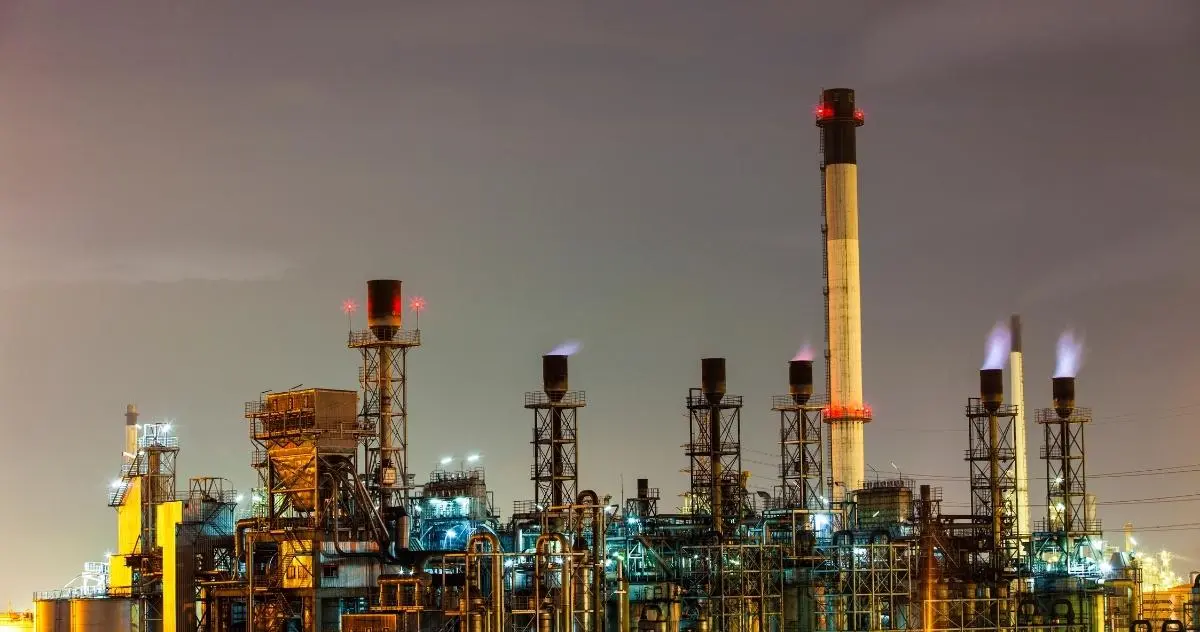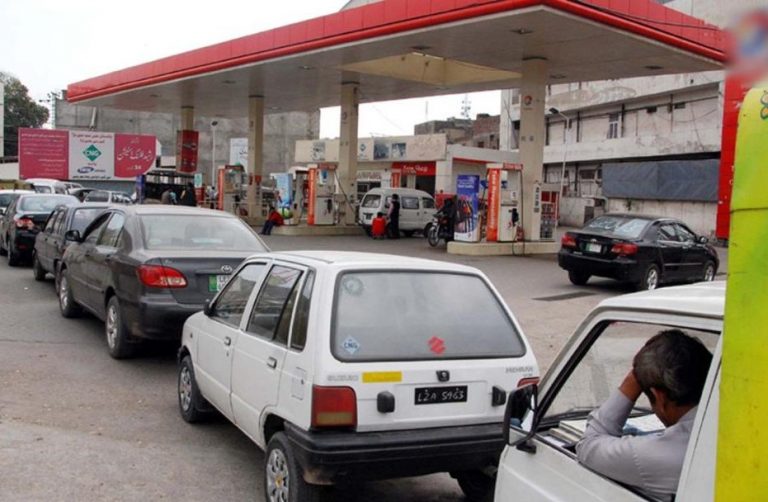Why Import when local Refiners can produce & save billions of dollars?
Research Report
On one hand, it is clear that the major local industry in the country, the refining sector, needs a boost from the government.
The refineries are operating at low capacity due to low crude oil imports whereas imports of refineries products are rising. They are putting pressure on the foreign exchange reserves.
It can easily help reduce dependency on foreign imports, saving billions of dollars. On the other hand, they aren’t being utilized properly, which could help meet the country’s energy needs.
Due to their capacity, local refiners can easily meet Pakistan’s annual demand for petroleum products, which is around 18 million tonnes.
It clearly indicates that the outflow of USD from the country can be curtailed, bringing stability to the PKR in the form of reduced imports.
Currency instability, depleting reserve deficits, and rising import bills have led to an increase in inflationary figures haunting the people, but the major local industries are also raising concerns regarding their respective futures.
Increasing crude oil prices due to global macro-situation, the local Oil Marketing Companies along with the all-important Refinery Sector are struggling to cope with this depleting pace from the economic front.
Especially where there is no refinery policy, refineries are operating at low capacity and some are unable to go towards up-gradation due to a lack of incentives and direction from the government.
The Federal Budget ’22 also had some of the incentives missing that this sector was looking at. Despite’verbally agreeing’ on a reduction in turnover tax for OMCs and refineries, the government did not announce it.
A reduction in turnover tax will provide relief to the ailing sector, and a sustainable environment where banks revisit their financing facilities will help increase refinery throughput due to higher crude oil imports and efficiency in the form of up-gradation and production.
Refineries are strategic assets, so simplifying what they are dealing with at the moment would give a clearer picture.
Increasing Fuel Import bill
With global fuel prices constantly on the up, Pakistan continues to underutilize its own refineries and continues to import heavily. Pakistan reportedly has imported around USD10 Billion worth of refined products which is an increase of more than 120% compared to last year, with the factor of increasing prices also being taken into account.
Lack of stringent Financing Facilities from local banks
Financing Facilities from local banks have been questioned even by the Central Banks, whereas the top 5 banks were also summoned by the SBP Governor to help the Refinery Sector with relaxed financing facilities, especially when foreign banks are reluctant to open new LCs with their partner banks in Pakistan due to depleting economic indicators of the country.
Lack of a Policy
Simply put, when there is no policy there is no direction nor incentives for any sector.
Underutilization of local refineries is evident because some refineries are finding it difficult to move towards up-gradation because of no direction nor incentives from the Government.
The Policy has been stuck in the pipeline for more than a year now. Despite numerous ‘Table-Talks’ with the previous and current Governments, the policy has still not been announced, hence the local refineries remain underutilized with increasing costs and choked credit lines.
The outgoing government relied on importing expensive LNG where the local refineries had furnace oil (FO) at their disposal, which wasn’t picked up.
FO is considered an expensive input, but the Rupee’s devaluation and the suffering of the local refineries where some even shut down, how big of a cost did Pakistan bear then, yet the Government imported LNG at a higher rate because of an increasing USD.
The Currency’s rapid fall due to depleting reserves and higher imports has also caused the refineries to rely on importing expensive refined products further draining the country’s reserves.
This is where the problem lies; If the refiners were given the boost and incentives they needed in the form of a stringent policy, Pakistan would not need to import.
FIA steps in after Banks refuse credit to OMCs, Refineries
This will help reduce the oil import bill and current account deficit. Some major refineries are already on their way towards up-gradation for further refined products, investing billions without much support from the banks and Government.
| If the refiners are given the boost and incentives they need in the form of a stringent policy, Pakistan would not need to import. |
The government was on its way to reducing the turnover tax to 0.5% from the current 0.75% but did not announce the same in the recent budget.
Only once these decisions are closed and the woes of the sector settled, OMCs would continue to rely on imported products and local refineries will continue with low yields and eventually shut down.








